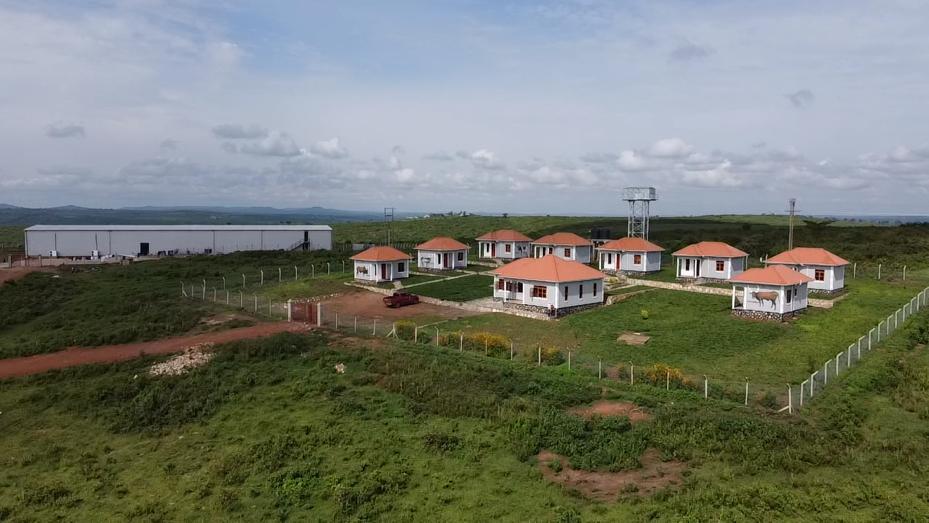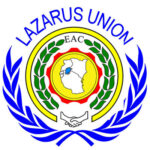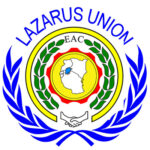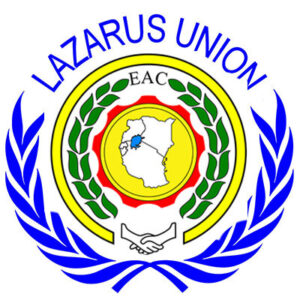THE “EAC” PROJECT
The Project
“Government-to-government transfers . . . are an excellent method for transferring money from poor people in rich countries to rich people in poor countries.”
Lord Peter Bauer.[1]
Angus Deaton, the winner of the Nobel Prize in economics, an economist at Princeton University who studied poverty and spent decades working at the World Bank, said, the rich world needs to think about “what can we do that would make lives better for millions of poor people around the world without getting into their economies in the way that we’re doing by giving huge sums of money to their governments.”.
There’s a big difference between good intentions and good results.
If foreign aid isn’t working, then it needs to be reconstructed; if global actors can’t help then they must at least not make things worse. New policies and incentives can be put together to show progress rather than failure. Aid needs to be converted into trade.

Capabilities of the citizens of the continent need to be created so that they become creators of wealth and creators of enterprise; so that they can live from their own activities. Thorough and complete policy and decent economic management matter more than foreign aid for developing countries. Stable and strong institutions avoid aid from becoming a curse. There should be more assistance in improving governance, just financial assistance will not fulfil its desired goal.
Another consequence is aid dependence. These countries have become used to receiving such large sums of money that they don’t promote local business because they have “free” money at their disposal instead. This prevents any form of improvement in terms of human development and per capita income.
[1] Peter Thomas Bauer, Lord Bauer, FBA (6 November 1915 – 2 May 2002) was a Hungarian-born British development economist. Bauer is best remembered for his opposition to the widely held notion that the most effective manner to help developing countries advance is through state-controlled foreign aid.
An African Development Programme with an innovative new approach
The Lazarus Union believes that the international community’s focus must change if we want to make a real difference to the lives of millions of suffering man, woman, and children in Africa. Using international as well mainly local donations and other sources of funding, we will support citizens to participate in making choices that will most benefit their local communities.
Our primary aim is to work with local communities and their leaders, like businessman, CEO´s of local enterprises or industries, to deliver essential public goods and services. We’re challenging the status quo to create a culture of transparency, where citizens are well- informed and can speak with a collective voice that has influence
Not state to state – people to people
International development projects, to put it mildly, are complicated.
The Lazarus Union believes, that even in developing and emerging countries, there is a huge potential of local financial as well intellectual recourses to develop and run programs for people in need and sustainable help for self-help. So, the programs can be implemented directly in the communities without feeling dependence and/or the compulsion to fulfill external conditions.
First that deficiency has to be recognized, and then it needs to be fixed. We don’t come in and present a solution for all the problems. Instead, we show how to achieve something useful, step by step, within the existing limits. That makes people feel empowered and allows them to take control of their lives.
The Lazarus Union will act as link between local initiatives and the international community. As trustee of non-profit independently managed fonds the unassailable control and transparency of the cooperation is guaranteed by external control and evaluation mechanisms.
The Lazarus Union is convinced, that there is nothing like a ‘value for money’ benchmarking against strict criteria. It should be valued specific to the context of the project, with incentives to effect improvement in local program outcomes.
So, the Lazarus Union´s approach is collaborative, user-centered, and can break down some of the barriers that make foreign development aid often so complicated and not very effective.


